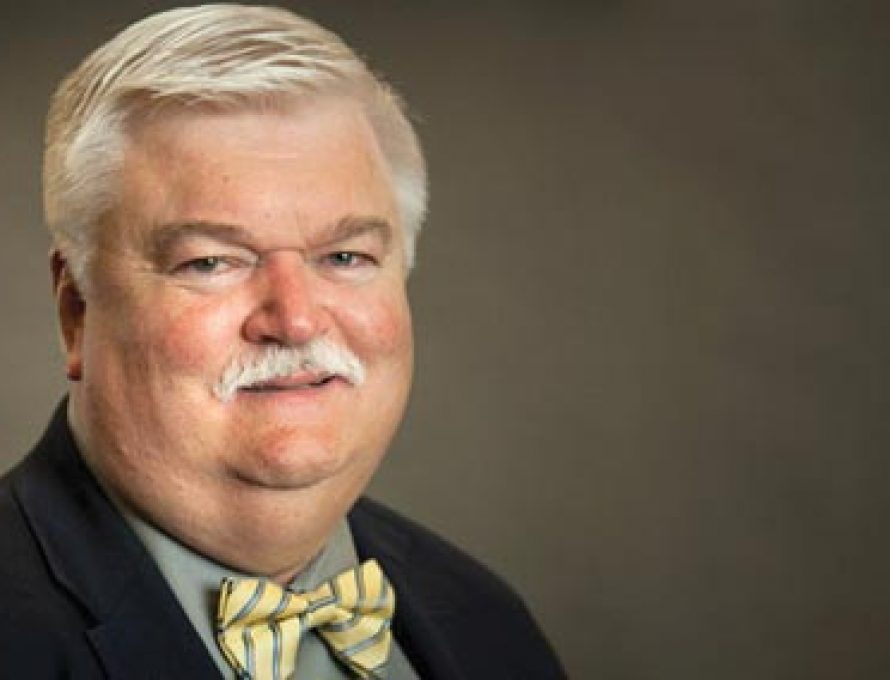I recently testified at a Missouri House Judiciary Committee hearing on a bill requiring those who file separation of church and state-related lawsuits in Missouri to reveal the identity of the plaintiff. I was there to urge passage of the bill as a matter of religious liberty for all. But State Rep. Mark Ellebracht (D-Liberty), who sits on the committee, had something else in mind when he questioned my testimony.
Here is what I said to the committee: “The Freedom from Religion Foundation (FFRF) falsely claims that the safety and well-being of plaintiffs involved in state/church cases will be somehow damaged because they fear violence from people of faith. Let them name the supposed widespread violence perpetrated against their plaintiffs. Do they or any member of this committee really think people of faith in Missouri are violent people? They should be able to name a few, after all, this Wisconsin-based organization has been threatening free Missourians since at least 2016. I guess they think praying school children in Tipton are a threat – because they threatened them.
“These people, hiding behind their anonymity, attack our freedom of speech and freedom of religion and we are asking you to end their undeserved special treatment. Their plaintiffs should have to be named just like any other who files a lawsuit in this state. The FFRF uses intimidation as its weapon, writing threatening letters and filing anonymous, often frivolous costly lawsuits that communities are financially unable to fight.
“It was an embarrassment for the state of Missouri that another organization – of Satanists – were able to use anonymity in their recent barbaric abortion case that the Missouri Supreme Court rightly and justly ruled against.
“It is time for these unsubstantiated, slanderous attacks on people of faith in Missouri to stop. This wise bill does not cost the state a penny and does not take away any rights of any Missourian, but it will put everyone on a fair, even playing field before our courts.”
Ellebracht then asked me if I knew the names of several people he rattled off. I knew none of them. Then he mentioned Nuremberg, Germany, where Adolf Hitler’s Nazi henchmen were put on trial for their crimes.
Message received.
Vile political discourse is normal for Washington, D.C., but this was Jefferson City, Missouri! I do not know Ellebracht and he obviously does not know me. I still respect him and will continue to treat him accordingly, just as Romans 13:7 (honor those who honor is due), Luke 21:7 (they hated Jesus, so they will hate me) and Matt. 5:44 (love your enemies and pray for them) command.
What concerns me is that our democratic republic depends on laws formed through vigorous debate. Calling people names and denigrating their worth is not a recipe for public policy that honors God, from whom government derives its authority.
The problem with our political discourse is not that we disagree. The problem is how we disagree. Arthur Brooks, in a March 2 New York Times article writes: “People often say that our problem in America today is incivility or intolerance. This is incorrect. Contempt, which is a noxious brew of anger and disgust … (not just) for other people’s ideas, but also for other people” is the problem. Philosopher Arthur Schopenhauer says contempt is “the unsullied conviction of the worthlessness of another.” But the Bible says everyone is made in the image of God and is therefore worthy of dignity and respect.
An article by the National Academy of Sciences on something called “motive attribution asymmetry” – the idea that your ideology is based on love, while your opponent’s is based in hate – offers insight, Brooks noted. Researchers found the average Republican and Democrat today suffer from a level of “motive attribution asymmetry” that is comparable with that of Palestinians and Israelis. That means one side is motivated by benevolence, the other by hatred. Therefore, they are enemies for whom one cannot negotiate or compromise.
Think about that.
But there is another down side. Citing the American Psychological Association, Brooks explains how contempt makes us unhappy. The feeling of rejection, often experienced after being treated with contempt, increases anxiety, depression and sadness. Brooks says we are addicted to contempt – and we hate it just like addicts hate the drugs that ruin their lives. A 2018 study by More in Common found 93 percent of Americans say they are tired of how divided we are as a nation.
Loving and praying for our public servants – especially those who act contemptuously in public policy debate – are mandatory responses for the Christian.

